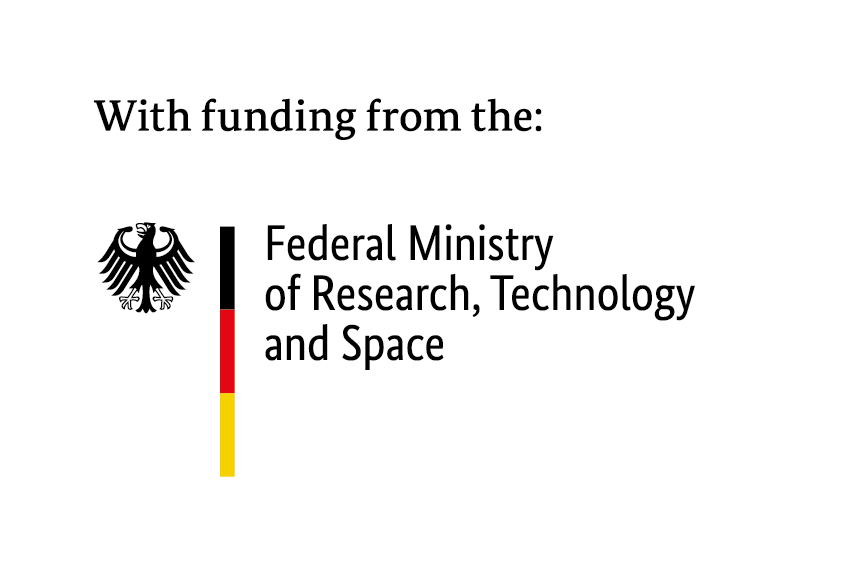Flexibility – Strengthening Resilience: Flexibility and innovation as drivers for a sustainable water supply in Kassel
As part of Flexilienz, innovative technologies are being developed and demonstrated in the Kassel real-world laboratory to minimize resource consumption and make energy requirements for water supply more flexible. Since the increasing frequency of dry periods beginning in 2018, Kassel has experienced peak load situations that can only be mitigated by significantly higher water withdrawals from deep wells.
However, extraction and treatment are significantly more expensive and complex than using existing sources – not least because enormous differences in elevation must be overcome between the wells and the elevated tanks. Spring water, which has previously served as a cost-effective and sustainable way to compensate for increased groundwater extraction, must be regularly tapped due to climate-related contamination (heavy rainfall, dry periods). At the same time, the energy transition, with a further increase in the share of renewable energies in the electricity mix, requires greater flexibility in load operation, the creation of storage facilities, and a more precise analysis of energy price developments.
Flexilienz aims to increase the resilience of the water supply system in an integrative, resource-efficient, and cross-sectoral manner. Existing infrastructure is efficiently integrated and renewable resources and energies are utilized. Innovative filtration processes for spring water, resource-efficient decentralized hydrogen production, and simulation-driven flexibilization of the operation of existing facilities such as pumps and elevated tanks will strengthen the resilience of the water supply and reduce energy costs. Due to its size and characteristics, the Kassel real-world laboratory is therefore an ideal test environment for the desired transfer of innovations to Germany's metropolitan water supply systems.
In this project, Fraunhofer IEE is focusing on simulation-driven flexibilization of the operation of existing facilities such as pumps and elevated tanks. To this end, it is developing and testing a flexible load schedule to reduce energy costs and integrating it in the form of a virtual power plant in the Kassel water supply real-world laboratory. In order to estimate the potential savings in electricity, Fraunhofer IEE is digitally mapping Kassel's water supply network, including all relevant components such as pumps, compressors, and water storage tanks, based on a pilot zone. By incorporating historical data on source discharges, water extraction and consumption, and meteorological data, it is possible to identify specific load shifting potentials without compromising supply security.
The basis for time-based control is the availability of renewable energy and the current electricity price on the day-ahead and intraday markets. With the help of the model, pumping operations can be optimized so that more water is pumped when electricity prices are low and pumping capacity is reduced when prices are high. In this way, hourly schedules can be created for the flexible operation of technical systems and concrete cost savings can be calculated.

